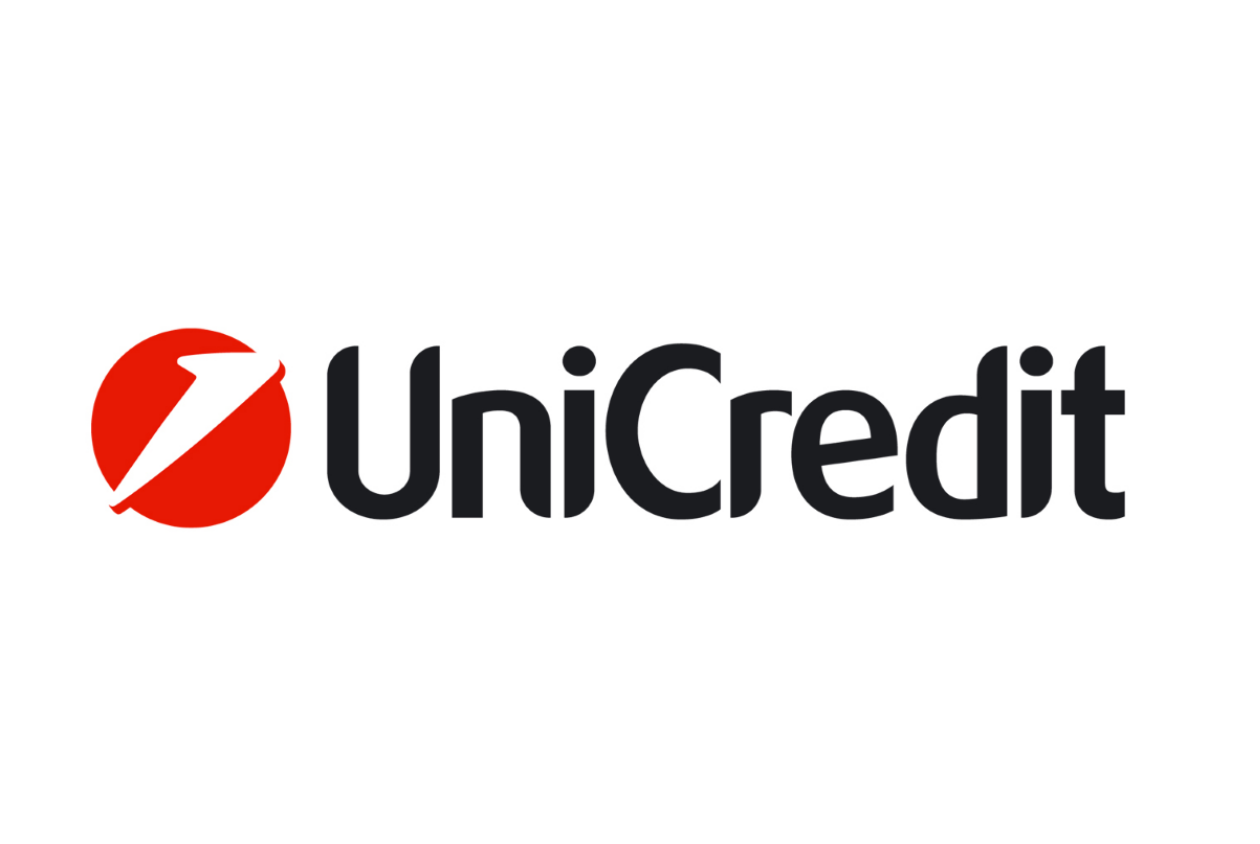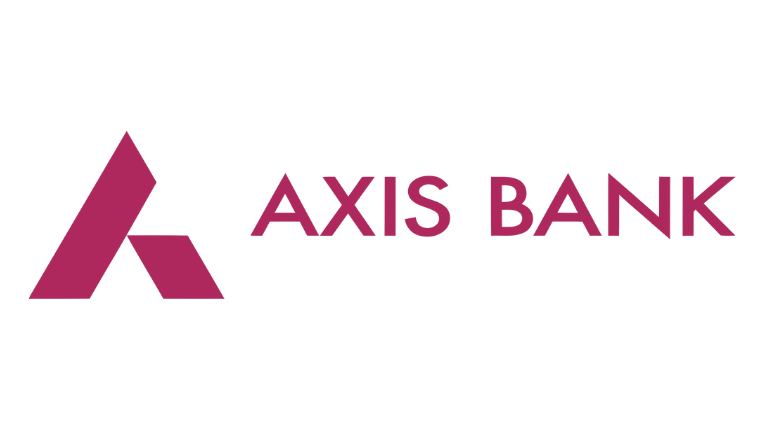UniCredit chief executive officer Andrea Orcel has indicated the Italian bank will probably abandon its €14.2 billion takeover bid for smaller rival Banco BPM, citing ongoing regulatory obstacles and government opposition.
Speaking to Italian daily La Repubblica on Friday, Orcel said UniCredit would continue attempting to resolve issues with Italy's "golden power" conditions but acknowledged the likelihood of withdrawal. "If we don't manage to resolve (the problems), as is probable, we will withdraw," he stated.
The bid, which resumes on Monday following a suspension triggered by UniCredit's legal challenge, faces significant hurdles from the Italian government's national security concerns. Rome has imposed golden power restrictions over the deal, creating conditions that Orcel previously described as unclear and potentially exposing the bank to substantial fines.
UniCredit's all-share offer values Banco BPM at €14.2 billion, below the target's €15 billion market capitalisation. Orcel had previously estimated just a 20 per cent chance of the deal proceeding given the regulatory constraints. A court ruling on UniCredit's legal challenge is expected on 9 July, with the bid running until 23 July.
The setback comes despite European antitrust approval for the transaction on Thursday. The European Commission cleared the deal subject to UniCredit divesting 209 branches in areas where competition concerns were identified.
Orcel's acquisition strategy has encountered resistance both domestically and internationally. The bank's pursuit of Germany's Commerzbank has also faced opposition from the German government and the target bank itself. UniCredit holds a 28 per cent stake in Commerzbank, with two-thirds held through derivatives and the entire exposure fully hedged.
Despite the potential withdrawal, Orcel remained optimistic about UniCredit's prospects. "Our future is very bright with or without M&A," he told La Repubblica. The chief executive has previously promised shareholders billions of euros in cash returns if the bank cannot deploy capital for mergers and acquisitions.
UniCredit has also been building stakes in other Italian financial institutions, including a 6.7 per cent holding in insurer Generali. "The Generali stake was a financial investment and we'll now reduce it in due time and an appropriate manner," Orcel said.
The chief executive also revealed that UniCredit had reported suspected anomalies to market regulator Consob regarding the government's sale of a 15 per cent stake in Monte dei Paschi di Siena in November. "We tried to take part (in the sale) but we could not manage (it)," Orcel stated. The sale is now subject to a criminal investigation in Milan, with Orcel having provided testimony as a witness.
Latest News
-
Mizuho to replace 5,000 administrative roles with AI
-
Allica achieves unicorn status through latest funding round
-
AI disruption risk varies between platform and service-based firms, says new report
-
ClearBank moves into the heart of London’s financial centre
-
Citi forms AI infrastructure banking team and invests in Sakana AI
-
HSBC chief Elhedery says overhaul nearly complete despite profit fall
Creating value together: Strategic partnerships in the age of GCCs
As Global Capability Centres reshape the financial services landscape, one question stands out: how do leading banks balance in-house innovation with strategic partnerships to drive real transformation?
Data trust in the AI era: Building customer confidence through responsible banking
In the second episode of FStech’s three-part video podcast series sponsored by HCLTech, Sudip Lahiri, Executive Vice President & Head of Financial Services for Europe & UKI at HCLTech examines the critical relationship between data trust, transparency, and responsible AI implementation in financial services.
Banking's GenAI evolution: Beyond the hype, building the future
In the first episode of a three-part video podcast series sponsored by HCLTech, Sudip Lahiri, Executive Vice President & Head of Financial Services for Europe & UKI at HCLTech explores how financial institutions can navigate the transformative potential of Generative AI while building lasting foundations for innovation.
Beyond compliance: Building unshakeable operational resilience in financial services
In today's rapidly evolving financial landscape, operational resilience has become a critical focus for institutions worldwide. As regulatory requirements grow more complex and cyber threats, particularly ransomware, become increasingly sophisticated, financial services providers must adapt and strengthen their defences. The intersection of compliance, technology, and security presents both challenges and opportunities.
© 2019 Perspective Publishing Privacy & Cookies















Recent Stories